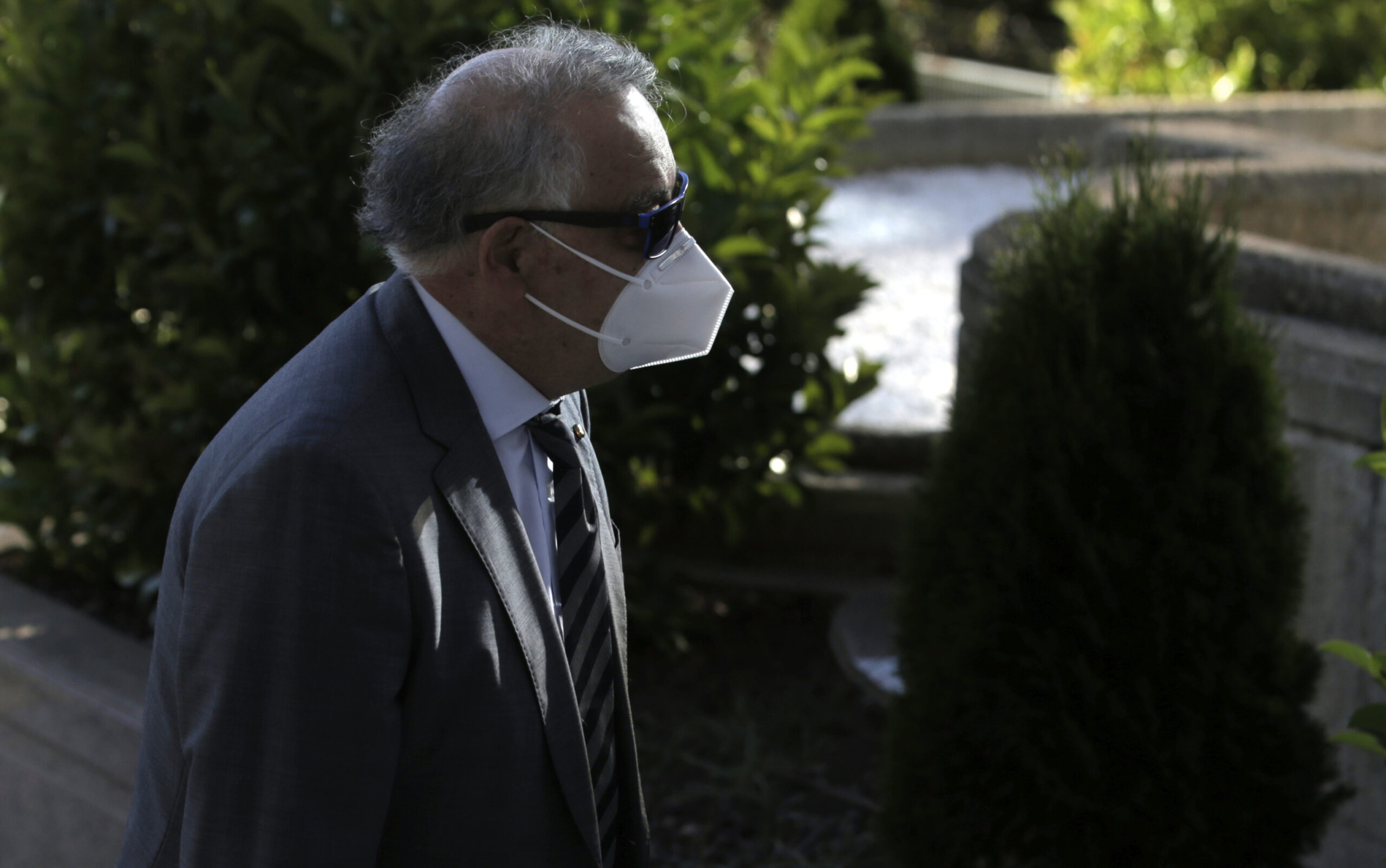“The power of the State for the persecution and prosecution of illicit acts cannot use shortcuts.” This is one of the statements with which the Superior Court of Justice of Madrid has revoked the acquittal of the former Deputy Director of Operations (DAO) of the Police Eugenio Pino in the flash drive case. The new sentence sentences him to one year in prison for a crime of revealing secrets, for having used information from a flash drive with information from the Pujol family knowing that it had been obtained illegally.
The Civil and Criminal Chamber also imposes a fine of 7,200 euros on the former highest operational command of the Police, as well as compensation of 2,000 euros to Jordi Pujol Ferrusola, eldest son of the former president of the Generalitat. Pino’s trial was the first held against the so-called patriotic police, which acted during Jorge Fernández Díaz’s time as Minister of the Interior.
The court holds that “from the moment in which the defendant did not comply with the duty that he had as a public official to prevent the flash drive from having any path, but instead gave it course with a spurious use of its content, he proceeded to spread , reveal or transfer to third parties data and documentation belonging to the privacy of Jordi Pujol Ferrusola with an evident intention of harming him”.
To this they add that their actions put “at risk” the investigation carried out by the National High Court around the Pujol family, which was about to be contaminated by the use of information obtained outside the law.
Contrary to the tesos of the acquittal sentence of the Provincial Court, the TSJ affirms that Pino’s condition as a police officer does not exempt him from criminal responsibility in the crime of revealing secrets. Nor did he limit himself to handing over the flash drive to other police officers “under the so-called formula of ‘for the appropriate purposes’, since no effect could or should have been produced” by the data it contained.
The judges of the Provincial Court harshly criticized Pino’s actions, but concluded that, “beyond procedural or formal irregularities”, she was protected by the fulfillment of the duty to promote the prosecution of the crime.
The TSJ’s response is that the State “cannot use shortcuts” to prosecute the crime. “The exercise of the jurisdictional function only conforms to the constitutional model when it is based on the principles that define the right to a process with all the guarantees. The violation of the rights of the accused, either through an act of a criminal nature, or through the violation of their fundamental rights and freedoms, opens a crack in the very structure of the criminal process”, states the conviction.
Conforms to The Trust Project criteria
















